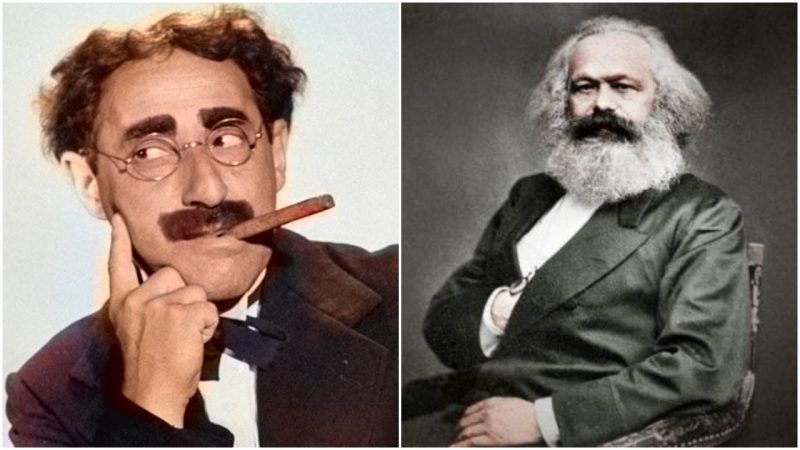We have a certain fascination with the idea of a dying person’s last words, as if those words somehow hold a power or wisdom above mundane daily conversation.
This is especially true when the person in question is a person of note and there is a lot of information out there about famous people and their final utterances.
Here’s a relatively short list of ten famous people and their famous last words.
Augustus Caesar
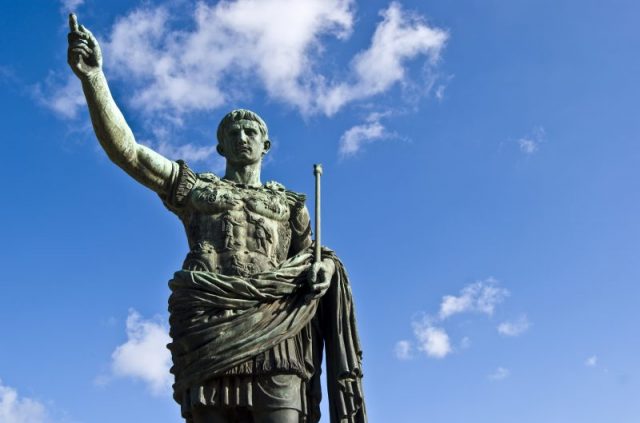
After Julius Caesar’s dictatorship destroyed Rome’s Status as a Republic, his great nephew and adopted son, Augustus, became Rome’s first emperor.
During the course of his leadership, Augustus was able to bring the new empire into a phase of durable stability and prosperity. Loved and respected by Rome’s citizens, Augustus had two final farewells. The first was what he said to his subjects:
“I found Rome as clay; I leave it to you as marble.”
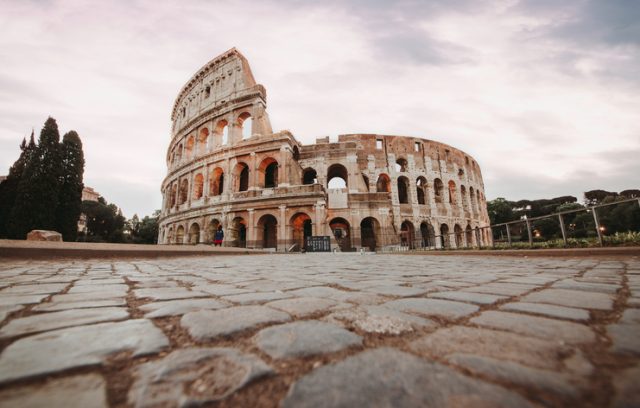
The second was what he had to say to the friends who had been with him throughout his reign and had a somewhat different tone:
“Have I played the part well? Then applaud me as I exit.”
Marie Antoinette
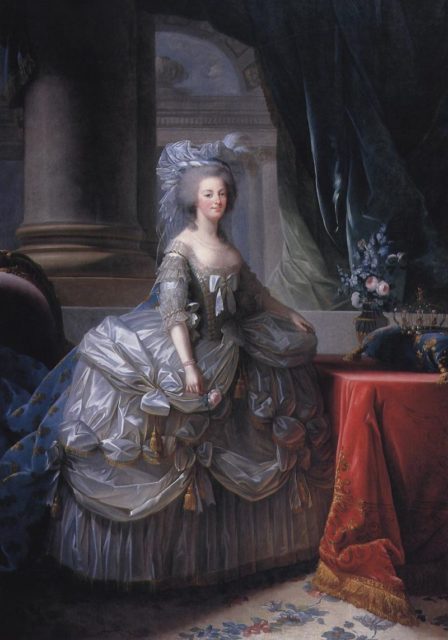
Not all rulers are so well thought of as Augustus Caesar. Marie Antoinette held a very different, and much darker, place in the hearts of her subjects.
Marie and her husband, Louis XVI of France, were the French rulers when the Revolution broke out in 1792.
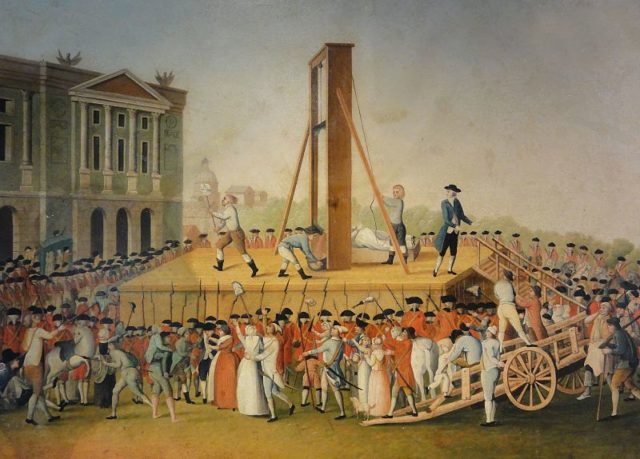
Marie was imprisoned and eventually executed by guillotine. She reportedly stepped on the executioner’s foot while climbing the scaffold on the way to her death, and her last words were:
“Pardon me, I didn’t do it on purpose.”
Karl Marx
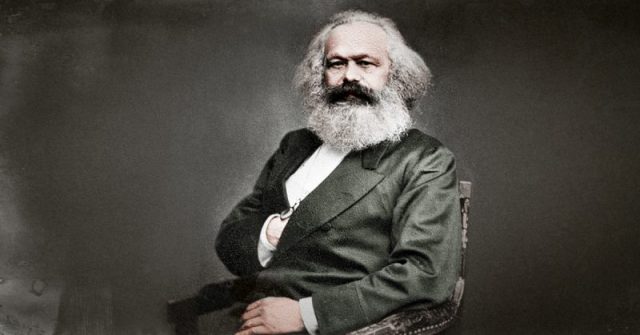
Marx was a journalist and philosopher. His writings on class and economics became the bedrock of modern Communism. He was truly a man of words, and yet the last thing he ever said was this:
“Last words are for fools who haven’t said enough.”
John Adams
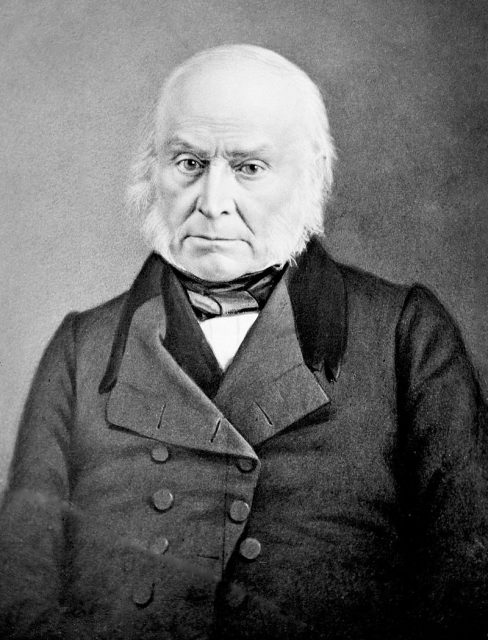
Adams was the second president of the United States. As he lay dying on July 4th, 1826, his last words were:
“Thomas Jefferson survives.”
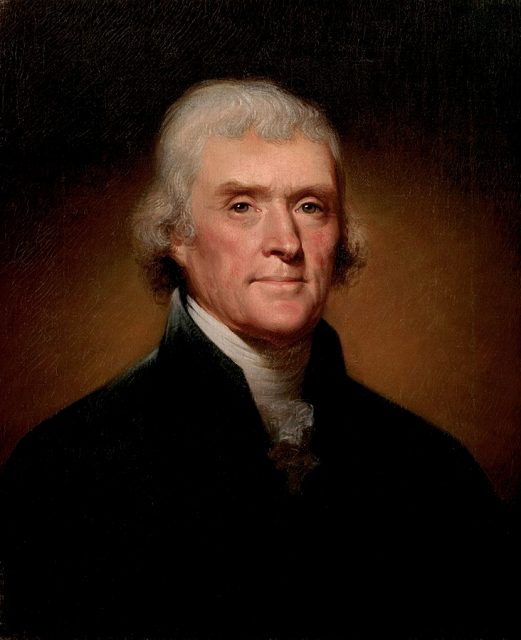
Adams and Jefferson began as political rivals, but over the course of time they ended up friends. What Adams didn’t know is that Jefferson had died several hours earlier that same day.
Nostradamus
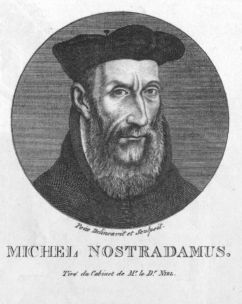
Nostradamus was a French apothecary in the sixteenth century. In addition to his reputation as a man of medicine, he was even more widely known as a seer and visionary.
He recorded 942 of his prophecies, which were predictions of future events written in poetic form. Since its initial publication his book has never been out of print.
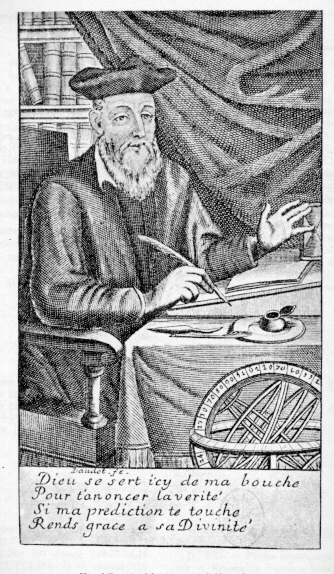
His last words were:
“You will not find me alive at sunrise.”
Which proved to be his final, and correct, prophecy.
Leonardo Da Vinci
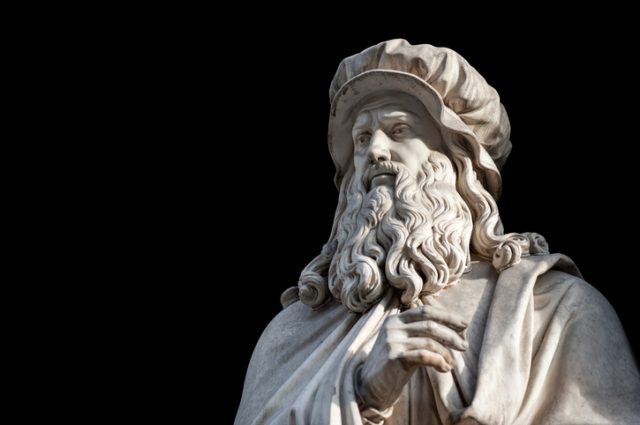
Da Vinci was a leading light during the Renaissance. He applied his fierce intelligence to fine art, to engineering and weapons design, to science and to nature.
Very little was beyond his scope of interest and his early work and research shaped many modern developments. Despite all that he had accomplished in his life, the last thing it occurred to him to say was this:
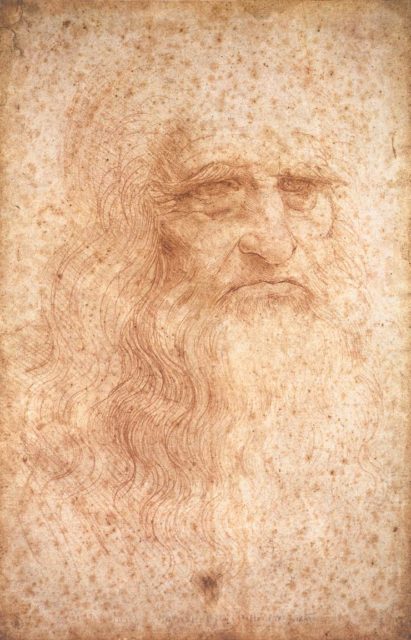
“I have offended God and mankind because my work did not reach the quality it should have.”
Raphael
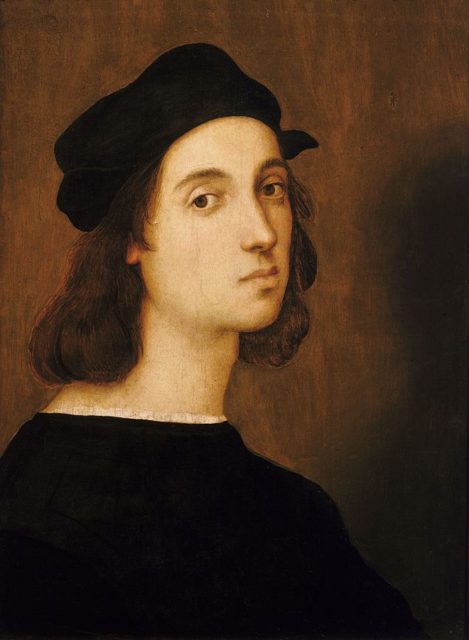
The Renaissance painter and architect’s full name was Raffaello Sanzio. He was, perhaps, most famous for his depictions of the Madonna, but produced a wide range of notable works.
A close friend, Cardinal Bibetta, wrote in a letter that while he was on his deathbed, Raphael woke, looked around, and asked “Whence comes the sunshine?”
He didn’t seem to hear whatever responses his friends made to him. Instead, he just said:
“Happy –,” but never finished the sentence.
Thomas Edison
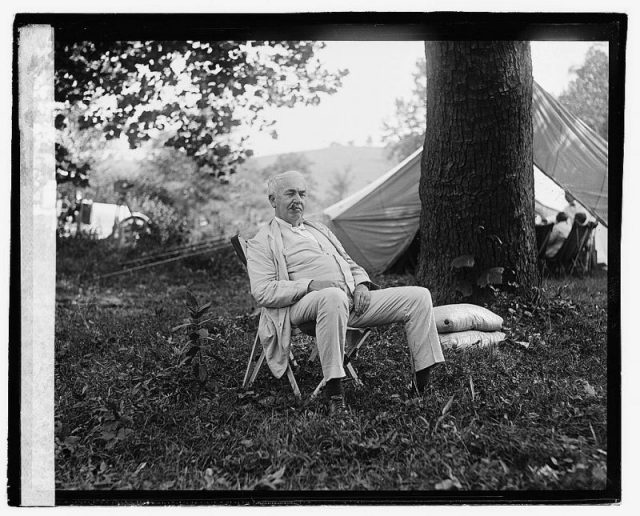
Edison was another man of science and a noted inventor who created devices including the phonograph, the light bulb, and motion pictures.
Immediately before his death, he awoke from a coma, opened his eyes, and reportedly said to his wife:
“It’s very beautiful out there.”
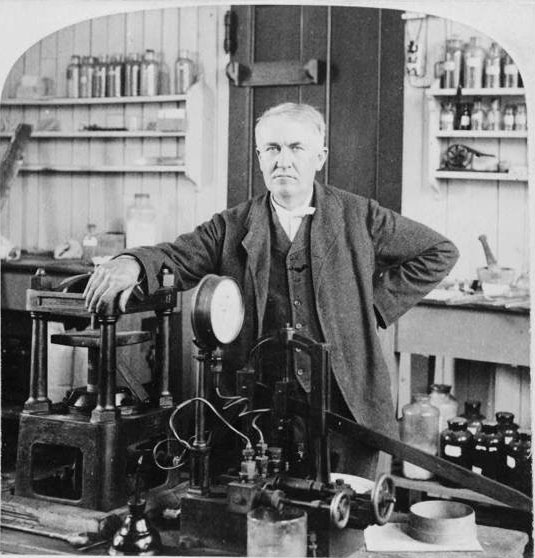
It’s generally assumed he was referring to the view outside his window.
Charles Darwin
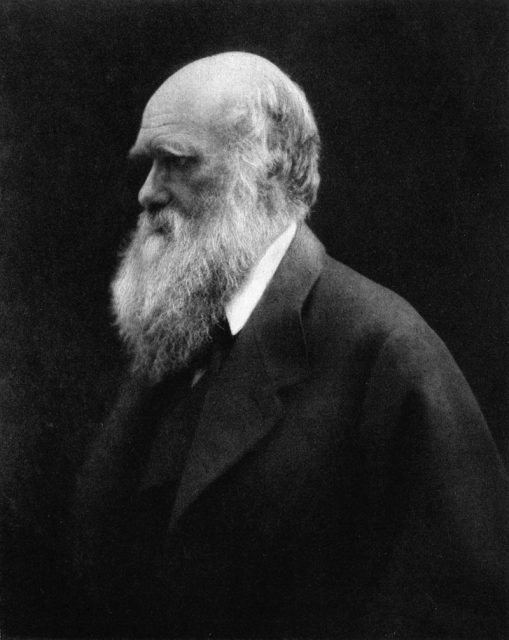
Darwin was a notable scientist and best known for his contributions to the theory of evolution.
Like many men of that ilk, he wasn’t feeling particularly mystical about his own impending death.
His last words were simply: “I am not the least afraid to die.”
Groucho Marx
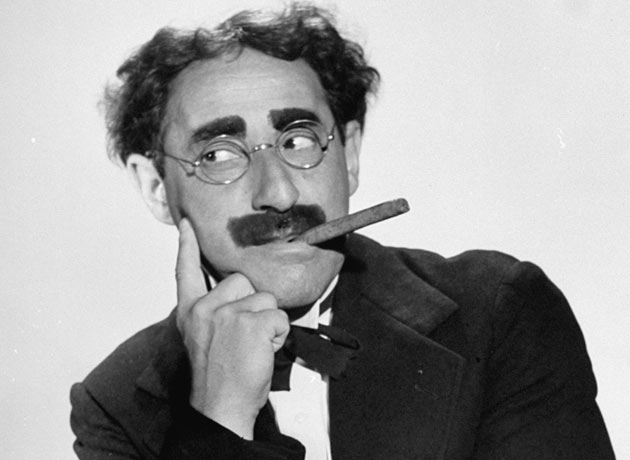
Marx was a comedian and film actor. Along with the other Marx brothers, he had his breakthrough film in 1914, and they continued to work together in movies until they broke up in 1949.
Read another story from us: 5 Crazy Stories of Animals Committing Crimes
Then Groucho continued with a solo career on radio and television for a number of years before his death. Groucho was known for his witticisms and snappy one-liners. It makes perfect sense, then, that his last words were:
“This is no way to live.”
